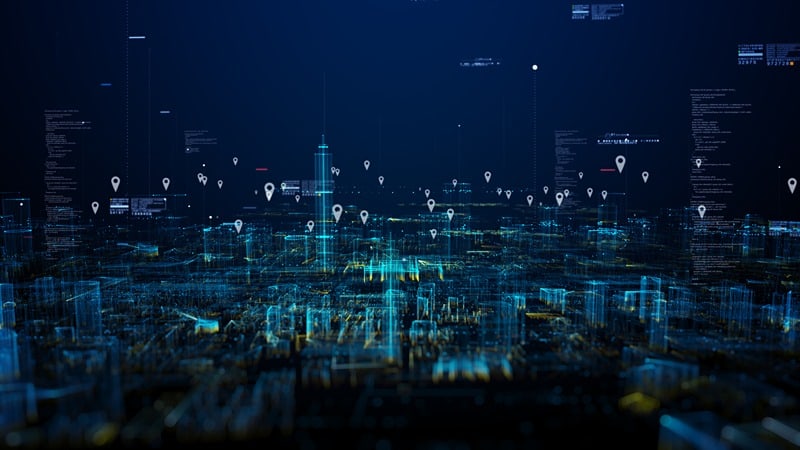
Opinion Article: The Fourth Amendment and Geofence Warrants
Imagine you're walking down the street, minding your own business. You have no idea that your every move is being tracked and recorded by a government agency. Sound like something out of a dystopian novel? Unfortunately, this scenario is a reality for many people due to the use of geofence warrants by law enforcement agencies.
The Debate Over Geofence Warrants
Geofence warrants allow law enforcement agencies to obtain location data on all devices within a certain radius during a specific time frame. This means that even if you've done nothing wrong, your location can be accessed and recorded without your knowledge or consent. For many people, this is a clear violation of the Fourth Amendment, which protects against unreasonable searches and seizures.
However, others argue that geofence warrants are a necessary tool for law enforcement. They argue that in certain cases, such as in the investigation of a crime, obtaining location data from devices can be critical in apprehending a suspect.
The Legal and Ethical Implications of Geofence Warrants
The use of geofence warrants has sparked a heated debate over the protection of privacy and civil liberties. Critics argue that these warrants are a clear violation of the Fourth Amendment, which was put in place to protect Americans from unreasonable searches and seizures. They argue that the use of geofence warrants allows law enforcement agencies to engage in mass surveillance without any probable cause.
Others point out that even if you have nothing to hide, the idea of being constantly monitored and tracked is unsettling. They argue that geofence warrants create a chilling effect on free speech and can discourage people from exercising their right to protest or engage in other forms of dissent.
The Intersection of Technology and Privacy Rights
The use of geofence warrants raises important questions about the intersection of technology and privacy rights. As technology continues to advance, the line between what is acceptable in terms of privacy and what is not becomes increasingly blurred. What is clear is that we need to have a serious conversation about how to balance the need for law enforcement to do their jobs with the rights of individuals to privacy and protection from unreasonable searches and seizures.
The Need for Transparency and Accountability
One way to address the concerns raised by the use of geofence warrants is to increase transparency and accountability. Currently, it is not always clear when and how these warrants are being used, which can make it difficult to hold law enforcement agencies accountable for abuses of power.
By requiring greater transparency and oversight, we can ensure that these warrants are only being used in cases where there is a clear need and that the rights of individuals are being protected. This can include requiring agencies to obtain a warrant for each device they wish to track, setting limits on the duration of these warrants, and requiring agencies to report how many geofence warrants they are using each year.
The Consequences of Inaction
The use of geofence warrants is a contentious issue, with arguments on both sides. However, the consequences of inaction are clear: the erosion of our privacy and civil liberties. As more and more of our lives are lived online, it is critical that we have robust protections in place to ensure that our rights are being respected.
It is time for lawmakers and citizens alike to have a serious conversation about the use of geofence warrants and the need to balance the demands of law enforcement with our fundamental rights to privacy and protection from unreasonable searches and seizures.
The Way Forward
The use of geofence warrants is a complex and contentious issue that requires a thoughtful and nuanced approach. We must balance the need for law enforcement to do their jobs with the need to protect the rights of individuals. By increasing transparency and oversight, we can ensure that these warrants are being used responsibly and that our privacy and civil liberties are being protected. It is time for us to have a frank conversation about the intersection of technology and privacy rights and to work together to find the best path forward.
Geofence, Fourth








No comments:
Post a Comment
Note: Only a member of this blog may post a comment.